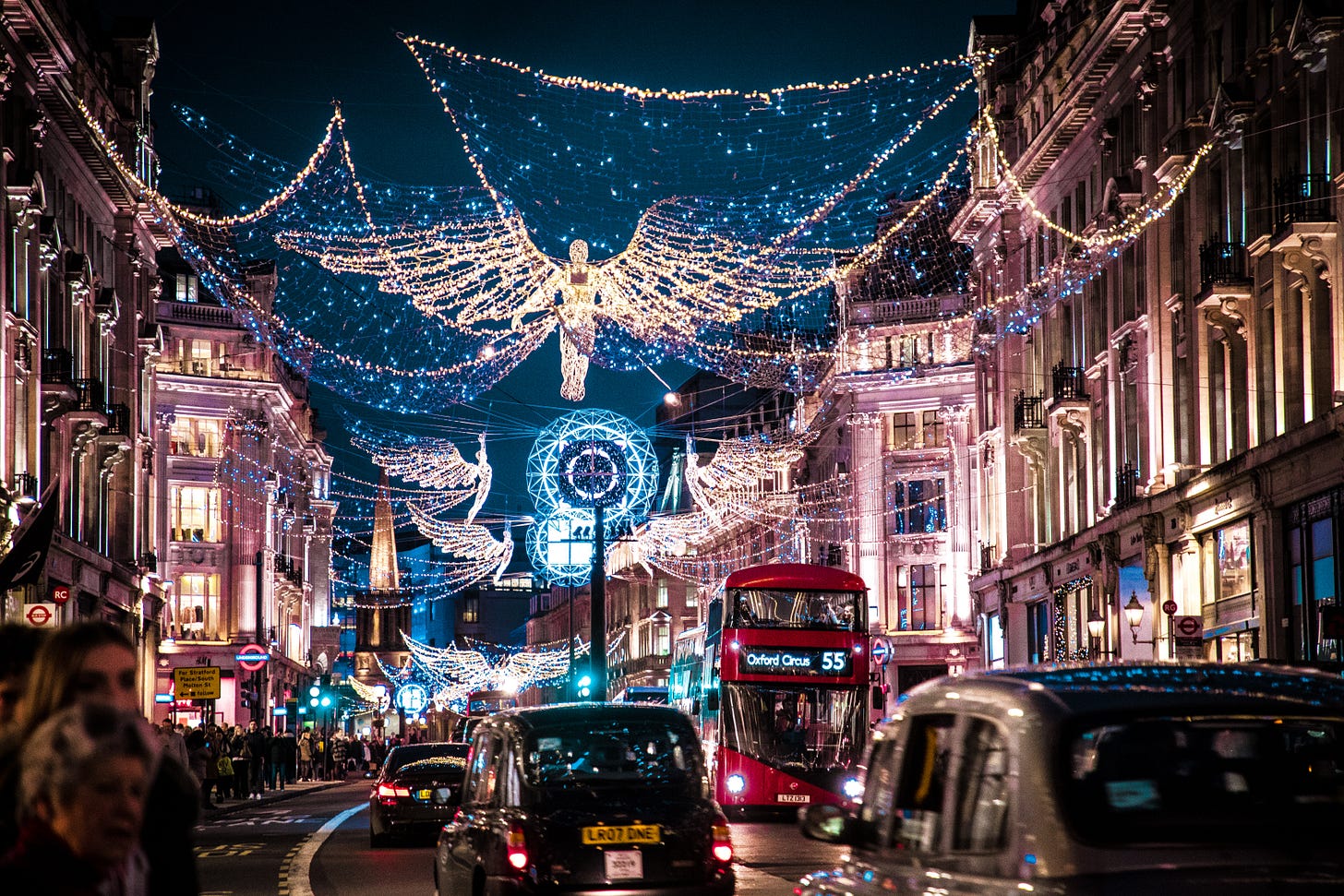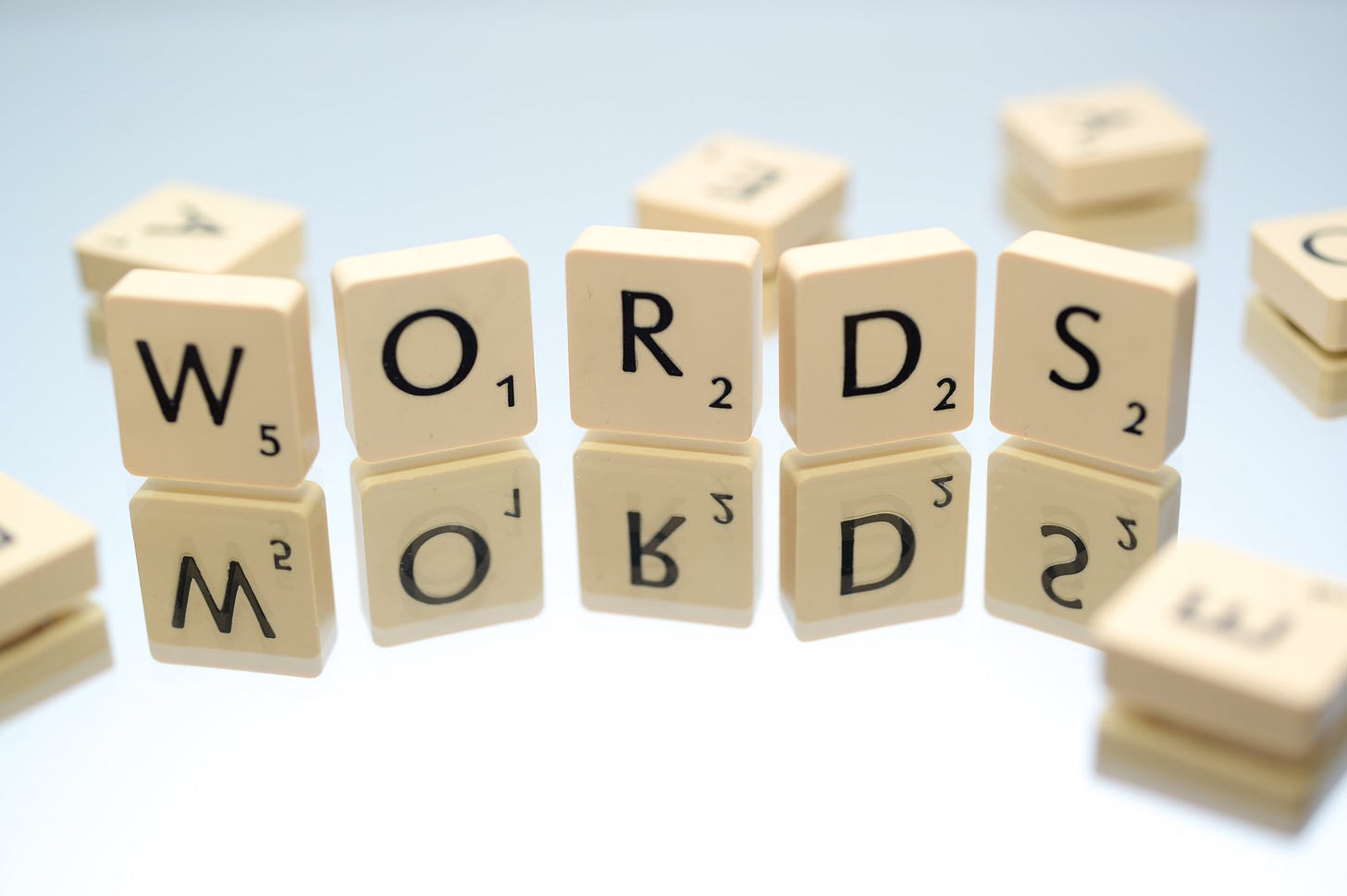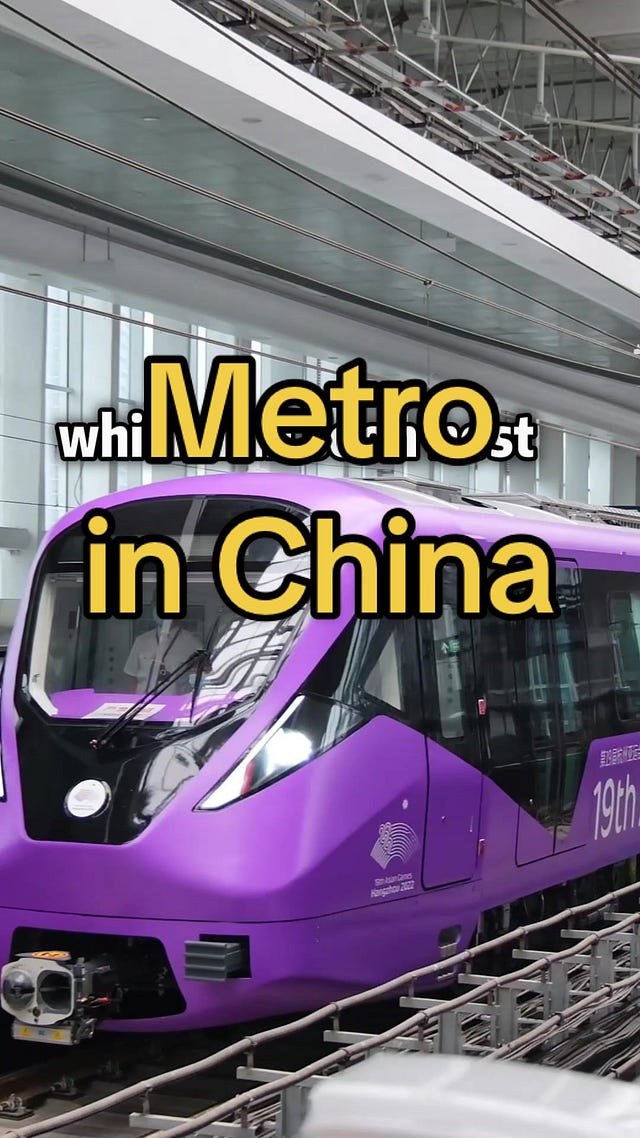My top 5 pet peeves when discussing accessibility in transport and aviation - The Accessible Link #16
Don't call me vulnerable and I don't have special needs.
Hello everyone,
How we speak sends a message. While I'm not a fan of word lists on disability because they don't help if the use is meaningless and the reasons for using it are not understood, I want to share some pet peeves of mine when discussing disability and accessibility in transport and aviation. I hope they give you some food for thought.
Special needs
If you think the needs of disabled passengers are "special", please rethink completely. We all want to board a plane, a train or a bus. There's nothing special about it. Disabled people often need assistance; the inaccessibility of planes, rolling stock, vehicles, and stations is causing that. So, having to cope with inaccessible infrastructure doesn't make my needs special. It's excusing the lack of accessibility.
People with access needs
Who is this? Who do you mean? Everyone except train and plane spotters wants to access a train or a plane. They all have access needs. It's often used to avoid the term "disabled". This avoidance is problematic in itself. So when you notice you avoid the word disabled, ask yourself why. Where does that come from? Disabled is not a bad word. It means people get disabled by the environment due to the lack of accessibility, lack of adjustments, bias, and attitudes. That's also why I prefer the British "disabled people" instead of the European "people with disabilities". If you have issues using the word disabled, please ask yourself why. And if you still think it's inappropriate to use, then at least use something that makes sense: e.g. people who use assistance, wheelchair users, blind people, a passenger who needs the buggy.
The Victorian railway
I can't count the number of meetings where someone blamed the Victorian Railway for the lack of accessibility today. I frankly can't hear it anymore. So we had 150 years to sort it out. Saying the railway is old is an excuse and not a very good one. It translates into, "We always did it that way for 150 years; why should we change it now?". That's not progressive or customer-focused. The Victorian railway is not an argument for anything anymore. Explain the problem (cost, complexity, time or whatever), but blaming the Victorians looks stale in 2023.
Vulnerable people
This term has been so popular since COVID and somehow became a synonym for disabled people. Hardly anyone used "vulnerable" for "disabled" before 2020, and then it exploded. I'm not vulnerable because I'm a wheelchair user. It's patronising; it belittles disabled people. Who wants to be called "vulnerable" in a customer setting? That's for the NHS, not a customer relationship.
If customers feel vulnerable when using a service, travelling through an airport or using a train, then something is totally off with the service and needs to change. Again, that doesn't make the customer vulnerable per se. It makes the environment inadequate. Please say so, change things and stop belittling disabled people.
We are committed
There is hardly a single press release or statement about accessibility where "We are committed" isn't used. It is such an empty phrase now that its meaning has become the opposite. It's often found in press releases about total assistance failures, stranded disabled passengers, and other disasters. So, if organisations are so committed to accessibility, don't say it. Show it.
Merry Christmas and a Happy New Year!

This is the last newsletter edition in 2023. I will send the next one on the 1st of January 2024. Thank you all for being such loyal readers. A special thanks to all who supported me with a paid subscription, sent me lovely emails and were just amazing readers.
Merry Christmas and a Happy New Year!
Some interesting links
We still struggle with level boarding of trains, but at least the Tardis is now sorted.
Vienna has some amazing museums. The new Wien Museum has a modern wayfinding system and interesting tactile accessibility features.
Mashable wrote about the biggest assistive technology and accessibility triumphs of 2023. I think it's a pretty good list.
Something to watch
Eyewatering modern metro system in China.
Video description: Very modern metro trains and stations with accessibility features like tactile wayfinding, very wide aisles on the train, travelators and level boarding.
Something to read
Transport for All has published a research report on barriers disabled people face when using transport. It's called "Are we there yet? Barriers to transport for disabled people" and is available in a wide range of formats.
Some final words
“If it’s not accessible. It’s not done.”
(Canada’s Chief Accessibility Officer, Stephanie Cadieux)The Accessible Link is a reader-supported publication. So, if you like what you’re reading, consider to become a paid subscriber or
Who is writing this newsletter?
I’m Christiane Link, and I improve the customer experience in aviation, transport, and travel. I worked as a journalist for over two decades and travelled extensively for business and leisure. I’m a wheelchair user. If you want to read more from me, follow me on LinkedIn, Twitter, Bluesky or Mastodon. You can also reply to this email if you want to contact me.








